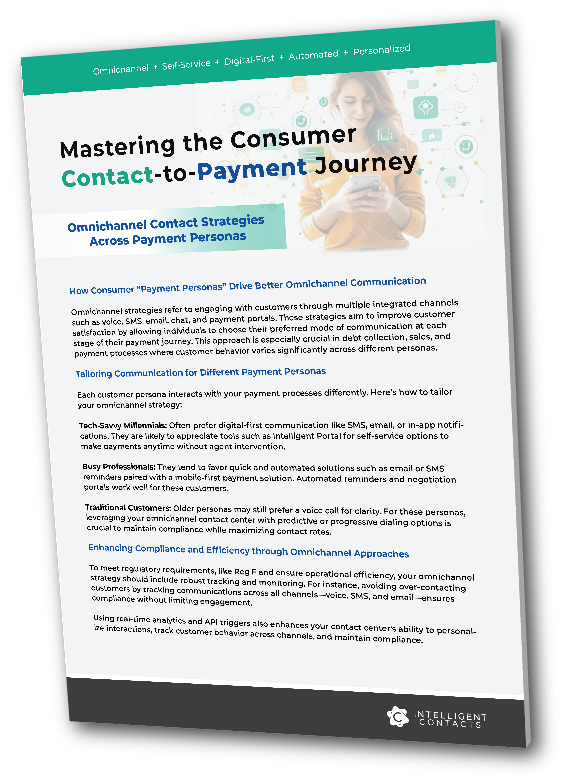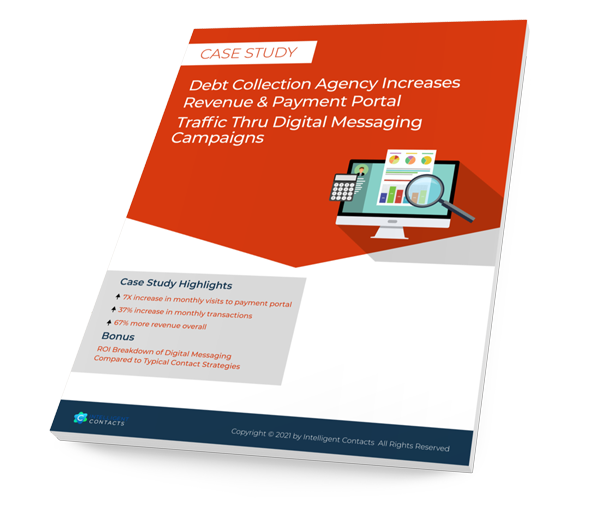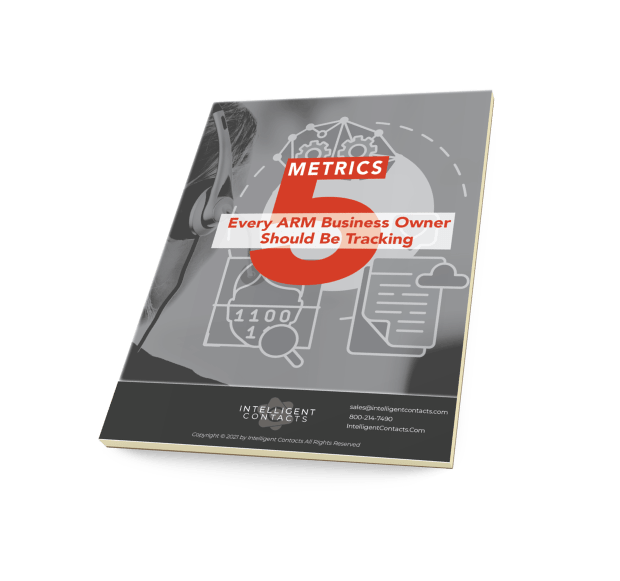How AI Regulation Proposed by Congress Could Reshape the ARM Industry

As Congress finally weighs in, what role will AI have in the ARM Industry
The Accounts Receivable Management (ARM) industry exists at an intriguing crossroads of finance and technology. A recent memo from the U.S. House Committee on Financial Services signals a turning point for AI in financial services, outlining legislation that may reshape the sector. Here’s how these changes could influence the ARM industry:
1 – Increased Scrutiny of AI in Financial Services
The proposed AI Act of 2024 emphasizes thorough reviews of AI applications. For the ARM industry, this might mean:
Enhanced Regulatory Oversight: Agencies could require comprehensive audits of AI models for credit scoring, debt collection prioritization, and consumer interaction.
Algorithm Transparency: Regulators may focus on ensuring AI systems avoid unintended discrimination in debt collection practices. Companies will need to validate algorithms for fairness and accuracy.
Potential Impact: These measures could raise operational costs but also build consumer trust, positioning compliant firms as industry leaders.
2 – Impact on Predictive Analytics and Collection Strategies
Predictive analytics, central to ARM operations, may face new challenges:
Data Restrictions: Regulatory scrutiny could limit data use, reducing algorithmic accuracy.
Standardization Mandates: Regulators might enforce uniform AI training practices, diminishing competitive advantages for firms with proprietary methods.
Smaller players may benefit from a level playing field, while innovative firms face challenges.
3 – Opportunities for Responsible Innovation
The memo balances risks with a call for innovation. For ARM firms, this translates to:
Collaborations with Fintechs: Partnerships could enable adoption of advanced AI solutions like natural language processing for improved communication.
Ethical AI Frameworks: By adopting ethical and transparent practices, firms can influence regulatory standards and gain recognition as industry pioneers.
4 – Consumer Protection and Accountability
Enhanced consumer protection will likely lead to stricter oversight of AI tools:
AI in Consumer Interactions: Chatbots may require disclosure to ensure consumers understand they’re communicating with AI.
Dispute Resolution Tools: AI systems may need to enable transparent and effective conflict resolution mechanisms.
These measures could increase costs but foster better public perception and cooperative relationships with debtors.
Integration with Financial Ecosystems
AI is also highlighted for its role in fostering interoperability:
Blockchain Integration: Real-time tracking of accounts through tokenization could enhance transparency.
Fraud Prevention: Fintech partnerships could bring sophisticated fraud detection tools, improving security.
Initial costs could be high, but streamlined processes promise long-term savings.
4 – Challenges for Smaller Firms
Smaller agencies may face disproportionate difficulties:
Compliance Costs: Adhering to new regulations might burden smaller firms, leading to industry consolidation.
Technical Expertise Gap: Meeting advanced technical requirements could prove challenging.
Collaborations with fintech partners or industry associations may help mitigate these hurdles.
5 – Public Engagement and Advocacy
The memo’s call for public input presents an opportunity for the ARM industry to:
Shape Policy: By engaging in consultations, companies can advocate for balanced regulations that protect consumers while enabling innovation.
Highlight Industry Needs: Stakeholders can emphasize unique challenges and opportunities AI brings to debt collection.
What’s next?
‘The ARM industry must navigate the evolving AI regulatory landscape with a balance of innovation and ethical practice. Engaging proactively with policymakers and aligning with emerging standards will not only ensure compliance but also unlock opportunities for improved efficiency and customer satisfaction.
Featured Topics
ARM Industry Topics
Healthcare Industry Topics
Contact Center Solutions & Topics
Stealth Voicemail
Payment Topics & Solutions
Compliance & Data Security
Master the Consumer Contact-to-Payment Journey with Omnichannel Playbooks!

Ready to launch a real omnichannel communication and payment strategy?
Our enterprise-level contact center solutions are affordable and a breeze to implement! Have your omnichannel strategy ready in weeks—not months!
Resources
Related Articles & Resources
CASE STUDY








